Real Estate Jargon Decoded: Speak Like a Pro Without the Boring Suit
Why Real Estate Lingo Sounds Like a Foreign Language (and How to Speak It Like a Local)
Because the Only Thing Worse Than a Bad Deal Is Not Knowing You’re in One
Let’s face it—real estate people love their jargon. It’s like they got together and said, “How can we make this more confusing than quantum physics and the IRS?” Suddenly, you’re at a showing hearing words like “contingency,” “escrow,” “amortization” and wondering if you walked into a secret club with no decoder ring.
Spoiler: You’re not alone. Even seasoned investors Google terms mid-meeting just to keep up.
Here’s the truth: real estate isn’t hard—it’s just hidden behind a wall of unnecessary language. And that wall keeps too many smart, capable people from stepping into the game.
But you don’t need a business degree, a stiff blazer, or a briefcase to sound like a pro. What you do need is someone who’ll translate real estate into human—without dumbing it down, sugarcoating it, or making you feel like you just asked what “Wi-Fi” is.
You deserve to ask questions without judgment. You deserve clarity. And if you're buying, investing, flipping, or wholesaling? You deserve to understand exactly what’s happening with your money, your risk, and your deal—start to finish.
That’s what this blog is here to do. We’re breaking down the key terms you’ll actually hear in the real world, translating them into smart, snappy explanations you’ll actually remember—and giving you the confidence to walk into any deal and own the room.
Contingency: Fancy Word for a Legal Safety Net
Like Prenup Meets Inspection Report
Ah yes, contingency—the word every agent throws around like you’re supposed to just get it. Here’s the short version:
A contingency is a condition that must be met for a real estate deal to go through. If it’s not met? You (the buyer) can walk away—with your money.
Think of it like a real estate prenup. Everyone’s excited. Things are moving fast. But if something shady pops up? You’ve got an exit plan that doesn’t leave you broke or begging.
Most common contingencies:
1. Inspection Contingency
You get to hire a pro to check the property for hidden disasters—leaky roofs, faulty wiring, haunted crawlspaces. If the inspection reveals anything too costly or terrifying, you can renegotiate… or walk away.
2. Appraisal Contingency
Your lender wants to make sure you’re not overpaying. If the house appraises for less than your offer, you can renegotiate the price—or cancel the deal.
3. Financing Contingency
This protects you if your loan doesn’t get final approval. Life happens—jobs change, credit shifts. If financing falls through, this clause keeps you from losing your earnest money.
4. Sale-of-Home Contingency
Need to sell your current house before buying the new one? This clause gives you time. Sellers don’t always love it, but it exists for a reason.
Why You Should Care:
Contingencies protect your wallet. Without them, you’re betting thousands of dollars that everything will go perfectly. And in real estate? That’s a risky bet.
Escrow: Where Money Goes to Chill Until Everyone’s Happy
A Trust Fund for Grown-Up Transactions
Let’s demystify escrow, a word that sounds like it belongs in a courtroom or a spy movie, but really just means:
"A neutral third party is holding your money (and some paperwork) so no one does anything shady."
In a real estate deal, escrow is like the responsible adult at the party—watching the door, holding the coats, and making sure nobody leaves with the wrong jacket (or the house).
Here’s how it works:
Once your offer is accepted, you put down earnest money—your “I’m serious” deposit.
That money doesn’t go to the seller. It goes into escrow—a special account held by a neutral party (usually a title or escrow company).
The escrow company holds onto the funds and collects all the necessary paperwork (loan docs, title insurance, inspection reports, etc.).
They won’t release the money—or the keys—until every box is checked and every party agrees it’s a done deal.
It’s basically a financial timeout zone where your money chills until the deal is safe to complete.
Why You Should Care:
Escrow protects you and the seller.
No one gets paid or handed a deed until the conditions are met. And once the deal closes? Escrow handles the disbursement, so it’s all tracked and legal.
TL;DR: Escrow = safety + accountability + less chance of you yelling “Where the hell is my money?
Earnest Money: It’s the Tinder Swipe Right of Real Estate
Show You’re Serious Without Saying You’re Desperate
Earnest money is your way of saying, “I’m not just browsing—I want this house, and I’m willing to put some skin in the game.”
It’s like swiping right… and then sending flowers. It doesn’t guarantee a relationship, but it does show you’re not just here to waste time.
So, what is earnest money?
It’s a deposit (usually 1–3% of the purchase price) that you submit after your offer is accepted. That cash goes into escrow (remember our chill holding tank?) and sits there while you finalize everything—inspections, financing, negotiations.
If the deal closes, the earnest money gets applied to your down payment or closing costs.
If the deal falls through? That’s where contingencies come in (go back to Section 2 if you missed it).
When You Get It Back:
The house fails inspection and you bail within your inspection contingency window? Full refund.
The appraisal comes in low and you back out? You’re covered.
Your financing falls through despite best efforts? No problem.
When You Might Lose It:
You ghost the deal with no explanation.
You miss your contingency deadlines.
You get cold feet after everything’s cleared and say, “Nah, never mind.”
Why You Should Care:
Earnest money is your real estate handshake—a way to show sellers you're serious.
But if you flake without protection, you could lose thousands. Don’t let your deposit get dumped because you didn’t know the rules of the dating game.
Title & Deed: The OG Receipts for Your Property
Because Owning Something Means Having the Paper to Prove It
Welcome to the real estate version of “receipts or it didn’t happen.”
If you buy a house and don’t have clear title or an official deed, then you don’t legally own squat. Sorry, but vibes and a Venmo payment won’t cut it here.
Title vs. Deed — What’s the Difference?
Let’s make this simple:
Title is the legal concept of ownership. It’s your right to the property. Think of it like your name being etched into the "Who Actually Owns This?" hall of fame.
Deed is the physical document that proves it. It’s the signed, notarized, certified paper trail that transfers ownership from seller to buyer.
You don’t “hold title” like a piece of paper—you hold the right to ownership. But you do get a deed, and that bad boy is what gets recorded at the county office to make things legit.
Bonus Buzzword: Title Insurance
This is the part most people ignore (and regret later). Title insurance protects you against past ownership issues, unpaid liens, forged signatures, or long-lost heirs popping out of the woodwork to claim your kitchen.
Why You Should Care:
If the title isn’t clean, you don’t want the property. Period.
And if you don’t have the deed in your name, you don’t actually own the thing you just spent six figures on.
Moral of the story? No deed, no deal.
Amortization: A Fancy Way to Say ‘Paying Off Debt Slowly
No, It’s Not a Disease. But It Might Feel Like One.
Let’s not sugarcoat it—amortization sounds like something your accountant caught on a cruise. But in real estate, it’s way less contagious and way more important.
Here’s the no-BS version:
Amortization is how your mortgage gets paid off over time.
Every month, your lender breaks down your payment into two slices:
Principal – The actual loan amount you borrowed.
Interest – The “thanks for letting me borrow” money your lender charges you.
At the beginning of your loan? You’re mostly paying interest (ugh).
Toward the end? You’re paying more principal, meaning more of your payment is actually going toward owning your home, not just renting money from the bank.
This breakdown is mapped out on a thing called an amortization schedule—basically a giant table that shows exactly how much you’re paying in interest vs. principal each month for the next 15 or 30 years. It’s as thrilling as a spreadsheet can get.
Why You Should Care:
Want to build equity faster? Pay extra toward principal.
Want to refinance smart? Understand where you are in the schedule.
Want to sell early? Know how much equity you’ve actually built—or haven’t.
Amortization helps you stop guessing and start making strategic money moves. It’s not sexy, but it’s one of the most powerful tools in your wealth-building toolbox.
Closing Costs: The Grand Finale... with a Surprise Bill
Because Nothing in Real Estate Is Free—Not Even the Paperwork
You made it to the end of the deal. You found the house. Negotiated like a boss. Got your loan approved. And now it’s time to close.
Cue the surprise invoice.
Yep—closing costs are the mic-drop moment of your home purchase, where everyone gets paid, and you realize that buying a home comes with one last money grab before the keys are yours.
So... what are closing costs?
They’re a bundle of fees due at (you guessed it) closing. These cover the behind-the-scenes heroes (and bureaucracy) that made your deal happen:
Lender fees – Loan origination, underwriting, credit report, etc.
Title insurance & search fees – To make sure no long-lost cousin owns your backyard.
Escrow fees – Remember your money babysitter? They charge for that.
Appraisal fee – To confirm the home isn’t worth half of what you offered.
Taxes & recording fees – Because the government always gets a slice.
Prepaid costs – Like homeowners insurance or property taxes for the next 6–12 months.
How much are we talking?
Typically 2–5% of the purchase price. On a $400K home, that’s $8K–$20K.
Yeah... surprise!
Why You Should Care:
Closing costs aren’t optional. But they are negotiable. You can ask the seller to cover some (called “seller concessions”) or compare lenders to avoid junk fees.
Bottom line: Knowing what’s coming gives you the power to prep, negotiate, and close like a pro—not a deer in financial headlights.


